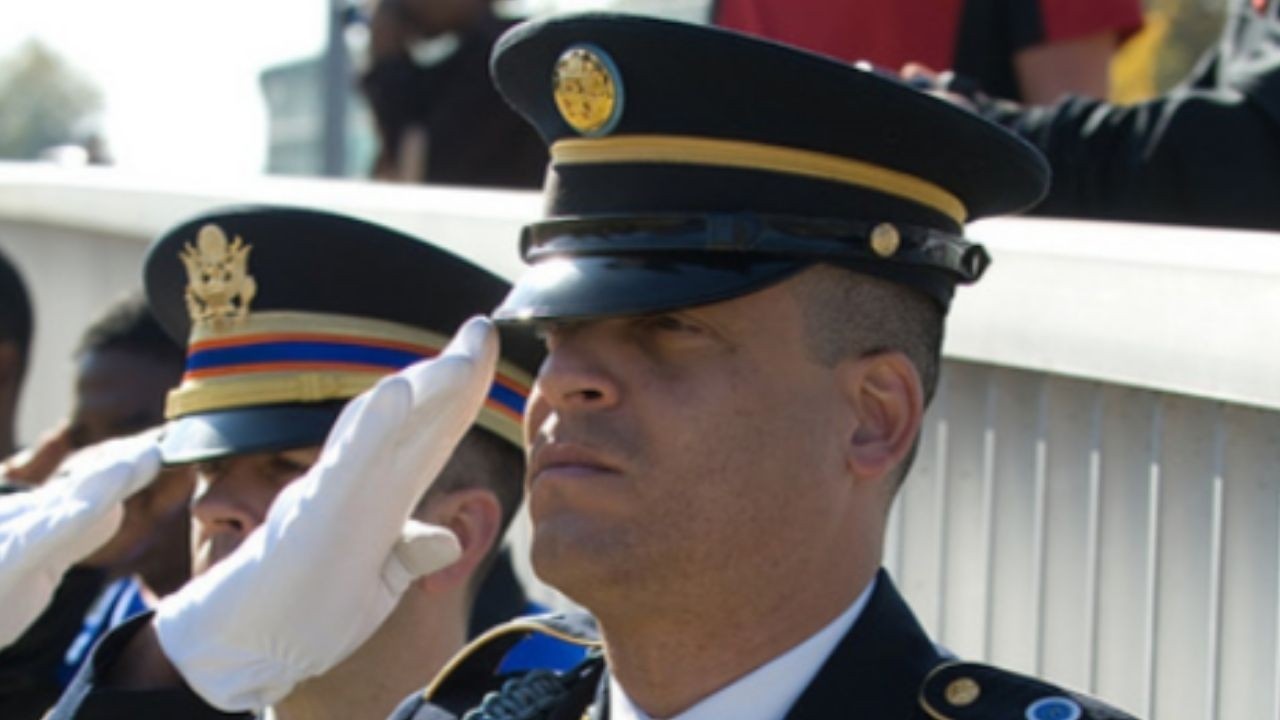Is Your Perception of Veterans Unfair?

“I never thought anyone would pity me because of my time in the Marine Corps.” --Iraq War veteran Phil Kay
You have a job opening and receive the resume of a multiple-tour veteran of the Iraq war. Like other candidates, he or she is well qualified for your available position.
What goes through your mind in making this decision?
- This person is a leader, someone who has coped with stressful situations and prevailed? This is someone who has commitment and character, honorably serving a worthy cause?
- Or, do you think of this person with concern, what if she has Post Traumatic Stress Disorder (PTSD) and could blow up at any time? Do you feel sorry for him, coming home a broken person, unable to cope with everyday life?
Mis-perceptions and Stereotypes
As we celebrate Memorial Day in the U.S. today, it’s relevant to consider our mis-perceptions and stereotypes of veterans and how they may be disadvantaged by our inaccurate views.
Each war is fought in its own time and returning veterans carry the adulation or stigma of that era. Think about the contrast in perceptions in just these three wars:
- World War II vets came home as heroes, with the deep support of most citizens for saving the world from dire threat. In retrospect, they are now called “The Greatest Generation” and held in high esteem.
- Vietnam veterans came home to a tumultuous society opposed to the war. Many were called “murderers” on the trip back and in their own cities.
- Iraq and Afghanistan war vets have come home to a war-weary and wary public. Many citizens and business leaders perceive the majority of returning veterans as troubled, perhaps broken by their war experiences.
Pity and Fear
In a thoughtful article in this weekend’s Wall Street Journal, Iraq war veteran Phil Kay describes pity, and fear of bottled-up stress, as the main emotions Americans feel for current returning veterans.
Kay describes finishing a talk about his very mild war experiences in a storytelling competition. When he left the stage an older woman told him it was brave of him to tell his story and began to rub his back.
Confused, Kay thanked the woman. She smiled but continued to touch him as he watched the next performer. “…she remained behind me, rubbing me down as if I was a startled horse in a thunderstorm.”
Kay provides statistics of experts who estimate the breakdown of PTSD to be 7-8% in the general population, 11-20% for post-9/11 wars, 10% for Gulf War vets and up to 30% of Vietnam War vets.
Yet, the current perception of many Americans is to broad-brush current veterans as troubled souls, taking incidents such as the Fort Hood shooting to mean that veterans are likely to explode at any time.
Losing Talent and Insights
This generalization has a similar effect to racial or gender discrimination in employment. Allowing a broad, incorrect perception to color decisions robs your workplace of talent and insights.
While unemployment amongst Iraq and Afghanistan vets decreased markedly during 2013, according to the Bureau of Labor Statistics it remains higher than that of other veterans and higher than the general population.
So, on this Memorial Day, consider your perceptions of all veterans. Instead of pity, let’s give them respect and thanks, and an equal opportunity to succeed in America’s workplaces and society.
photo credit: The U.S. Army via photopincc








